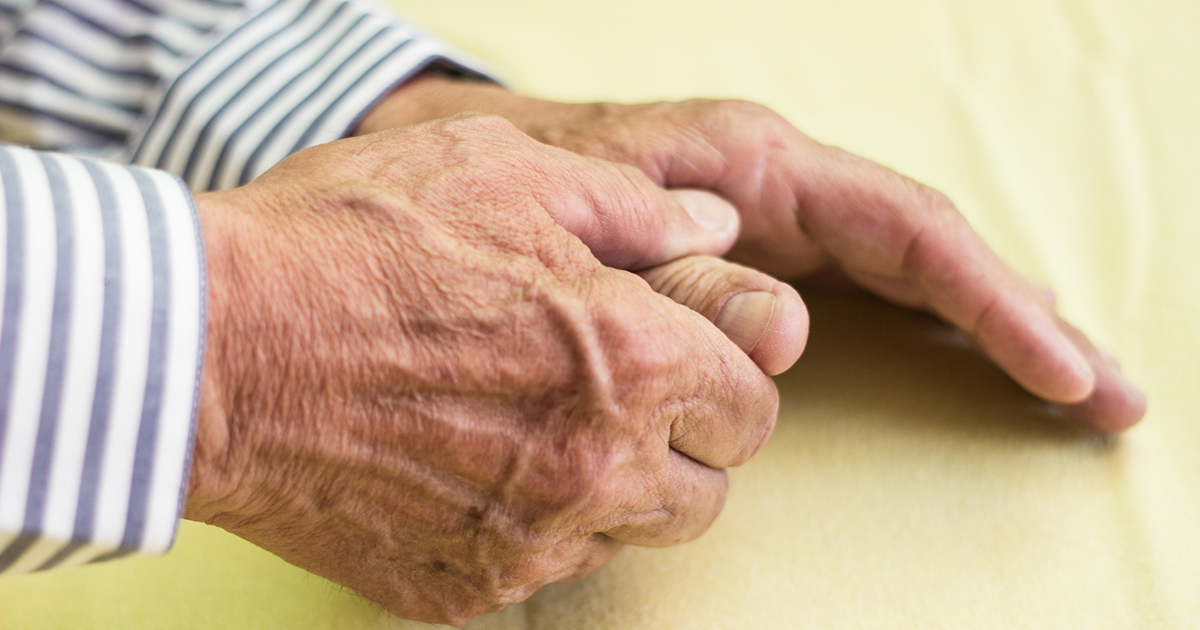Symptoms Of Hypocalcemia
Hypocalcemia is a medical condition in which the blood calcium level has dropped below seven milligrams per deciliter (mg/dL). Calcium is a necessary component for blood clotting, muscles contracting and building bones. The body cannot make its own calcium so it must get it from food and supplements. Calcium is lost through daily human functions such as sweating, urinating, and defecating. When the blood has too little calcium, the body takes it from the bones, weakening them over time.
Hypocalcemia can be caused by eating disorders or lack of vitamin D, which helps the body absorb calcium. Other contributing factors to hypocalcemia include parathyroid, kidney, or pancreatic disorders. Often, symptoms do not present until hypocalcemia is severe.
Muscle Cramps And Spasms

Muscle cramps and spasms are closely related in that a prolonged spasm is called a cramp. Muscle spasms are rapid, uncontrolled contracting and relaxing of muscle fibers, and they may or may not be painful. When a spasm continues to contract without relaxing, it is considered a cramp. Cramps are usually abrupt and very painful. Though necessary for muscle contraction, low calcium levels will increase action potentials.
These are the series of electrical and chemical signals that activate or block nerve or muscle cells. This is what causes cramping and spasms. In severe cases, hypocalcemia can lead to tetany, which is the contraction of muscles without relaxing. It is excruciating and can develop into a life-threatening condition.
Numbness And Tingling

Numbness and tingling, most often felt in the hands, arms, feet, legs, and around the mouth, are usually the first symptoms of hypocalcemia and signal that there is a severe calcium deficiency in the body. Numbness is a complete loss of feeling, making it difficult to walk or grasp objects. Tingling feels like a burning sensation or 'pins and needles.' These sensations can range from mildly annoying to painful. They may happen irregularly, or they may be persistent. Patients may need to wait until their calcium levels return to normal for these symptoms to completely go away.
Lightheadedness

Lightheadedness refers to a feeling of dizziness and instability, and the individual might feel like they are about to faint. This is usually accompanied by cloudy vision, nausea, and unsteadiness, and patients typically have difficulty concentrating and feel disoriented. It is important to recognize lightheadedness is abnormal and to sit or lie down. Should the condition progress to fainting, patients are less likely to suffer from injury. Vertigo is a more serious form of lightheadedness that feels as if the patient is spinning while standing and causes nausea and vomiting. It can last for a few minutes or up to a few months if the calcium deficiency is not corrected. It is challenging to complete daily tasks when suffering from vertigo.
Muscle Weakness

Neuromuscular irritation occurs when blood calcium levels are low. Skeletal muscles are stimulated by nerves and are highly dependent on calcium, which is necessary to initiate muscle contraction. With low calcium levels, electrical signals are decreased, and nerves and muscles are not able to work together as efficiently, causing muscle weakness. A patient may not be able to complete normal tasks without sufficient muscle strength. It may be difficult to move or carry items. They might feel fatigued and may have a strong desire to sleep. It is crucial to seek medical attention if this weakness progresses into complete loss of muscle function or paralysis.
A Slow Heartbeat

As with skeletal muscle contractions, calcium is necessary for cardiac muscle to function, as it helps control the rhythm and heart rate. A typical human heartbeat ranges from sixty to one hundred beats per minute, and a slow heartbeat, called bradycardia, is defined as less than sixty beats per minute. A slow heartbeat means less blood and oxygen are flowing through the body, especially to the brain. A patient with bradycardia may feel lightheaded, short of breath, chest pain, and fatigue. However, note bradycardia is a normal condition for those who are very fit, and they do not suffer the same ramifications as someone suffering from hypocalcemia.
